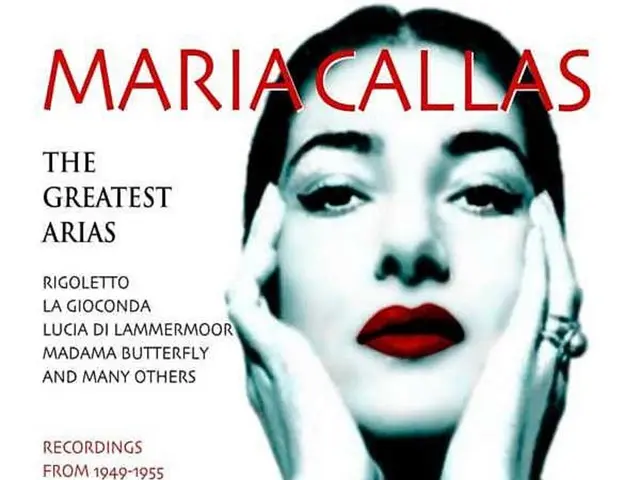Postpartum Hair Loss: Explanation of Shedding Strands After Giving Birth
Postpartum Hair Loss: Understanding and Managing a Common Postnatal Challenge
Social media and women's groups are abuzz with questions about postpartum hair loss. New mothers may wonder if this phenomenon is normal or indicative of a problem. Rest assured, postpartum hair loss is a common experience, with many women reporting noticeable hair fall a few months after childbirth.
Understanding Postpartum Hair Loss
Postpartum hair loss, also known as Telogen Effluvium or Postpartum Alopecia, is caused by the hormonal changes that occur after giving birth. During pregnancy, high levels of estrogen extend the growth phase of hair follicles, resulting in thicker, shinier hair. Following delivery, a sharp drop in estrogen triggers many hair follicles to enter the resting phase, leading to increased shedding.
Some women may notice this condition during one pregnancy but not another, or they may not experience it at all. In most cases, this temporary hair loss subsides by the child's first birthday. If you are experiencing ongoing hair loss past this point, it is essential to consult a healthcare professional to rule out underlying medical conditions or nutritional deficiencies.
Strategies for Reducing Postpartum Hair Loss
While postpartum hair loss is primarily driven by hormonal changes, adopting a few strategies can help minimize its severity and support healthy regrowth:
- Maintain a Balanced Diet: Focus on consuming nutrient-rich foods, particularly those rich in iron, zinc, biotin, and vitamin D, as these nutrients are crucial for maintaining healthy hair.
- Manage Stress and Prioritize Sleep: Although challenging as new parents, managing stress and ensuring adequate rest can help mitigate hair loss.
- Gentle Hair Care: opt for mild shampoos, avoid heat styling and tight hairstyles, and minimize brushing when hair is wet to reduce mechanical shedding.
- Consider Supplements: If diets are insufficient, consult a healthcare professional about supplements for essential nutrients, especially if you are breastfeeding.
- Patience and Realistic Expectations: Most women should see hair regrowth within 6–12 months postpartum as hormone levels stabilize.
It is crucial to remember that postpartum hair loss is usually temporary and natural. With the right approach, you can help your hair regain its luster in no time.
For further concerns regarding postpartum hair loss, you can reach out via WhatsApp for advice on various topics such as speech delay, low weight, frequent illness, hyperactivity, low concentration, weak eyesight, improper sleep, pigmentation, pores, face marks, fine lines, lactation, and more.
- Ensuring adequate nutrition during the postpartum period is essential for maintaining healthy hair and supporting growth and development as nutrients like iron, zinc, biotin, and vitamin D play a crucial role in hair health.
- Adequate sleep and stress management can help alleviate postpartum hair loss by promoting overall health and well-being, which in turn can indirectly support the growth and development of hair.
- Scienctific research has shown that women's health and brain development, particularly in the postpartum period, can be impacted by a balanced diet, adequate sleep, and proper management of stress, which may also help reduce postpartum hair loss in some cases.








